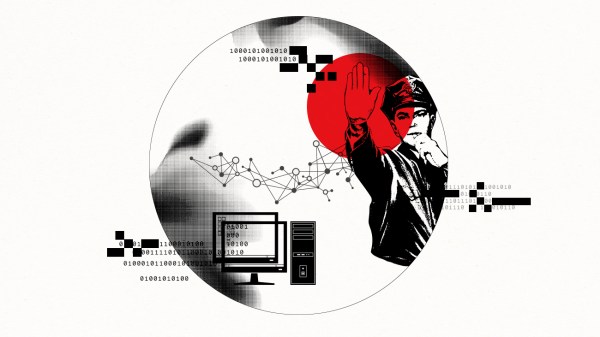Michigan seeks IT investment as unemployment nears 25 percent

As nearly one-quarter of Michigan’s workforce files for unemployment, state officials said Tuesday they’re considering using the added strain to the state’s computer systems as an opportunity to seek funding for broader IT upgrades.
In an online briefing Tuesday morning, Jeff Donofrio, director of the Michigan Department of Labor and Economic Opportunity, said the state’s online system for processing claims for unemployment benefits was disabled for about six hours on Monday as a record number of residents logged on. About 1 million Michiganders, or nearly a quarter of the state’s workforce, he said, have filed for unemployment benefits during the pandemic, and 90 percent of those workers applied online.
“Our state system, and the state systems across the country for unemployment insurance, have struggled to cope with these historic numbers,” Donofrio said. “We’ve been talking with folks like [U.S. Sen.] Gary Peters and others on the congressional delegation about could we use this moment to try to upgrade all our systems and make sure we don’t have the types of issues if an event like this were ever to occur again.”
While Michigan trails only California and Pennsylvania in the number of new unemployment claims, Donofrio said it’s avoided the IT woes other states have experienced thanks to its use of modern platforms, rather than legacy systems running on the 60-year-old COBOL programming language that’s vexing other states.
Steve Gray, director of the Michigan Unemployment Insurance Agency, said Michigan even upgraded its phone systems last September, allowing its call-takers to dial in from any phone rather than a physical call center.
As the pandemic unfolded earlier last month, Gray said Michigan also added four new servers to ensure there would be enough capacity. Donofrio said the Michigan Department of Technology, Management and Budget began adding more capacity after the outage on Monday.
“We’ve been assured by DTMB that there are more servers online that are able to handle a large capacity and more people accessing this,” he said. “We’re going to continue to do everything possible and throw every piece of equipment and technology we can at this to make sure people can get their benefits.”
Donofrio said 70 percent of the 1 million filers have been approved and that the additional capacity should be enough to handle the remainder. But like other states, Michigan is still encouraging people to file on certain days depending on the first letter of their last names and to file after 8 p.m. to ease the load on the state’s systems.
Gray said the influx of visitors to the unemployment claims website has illuminated some of the “cracks” in the website’s interface, which can now be fixed. Some of the state’s policies for unemployment eligibility have made it unclear, for instance, if a person can claim eligibility to work while ill with COVID-19, Donofrio said. He added that the Michigan Department of Labor is working with the federal government to clarify processes and definitions for unemployment eligibility.
The sudden need for upgrades to legacy IT and phone systems has proven costly for some states, such as Florida, which spent $119 million in recent weeks to increase its call-center capacity, build a new website and buy new hardware and data-management software. Donofrio suggested a new national system could help ensure continuity of service during future emergencies.
“It would be a great thing to have a national system [or] a standard potentially of an upgrade to quality apps that can be downloaded on the phones,” he said. “Each system right now is state-by-state and there is not usually a lot of resources out there to modernize it.”






